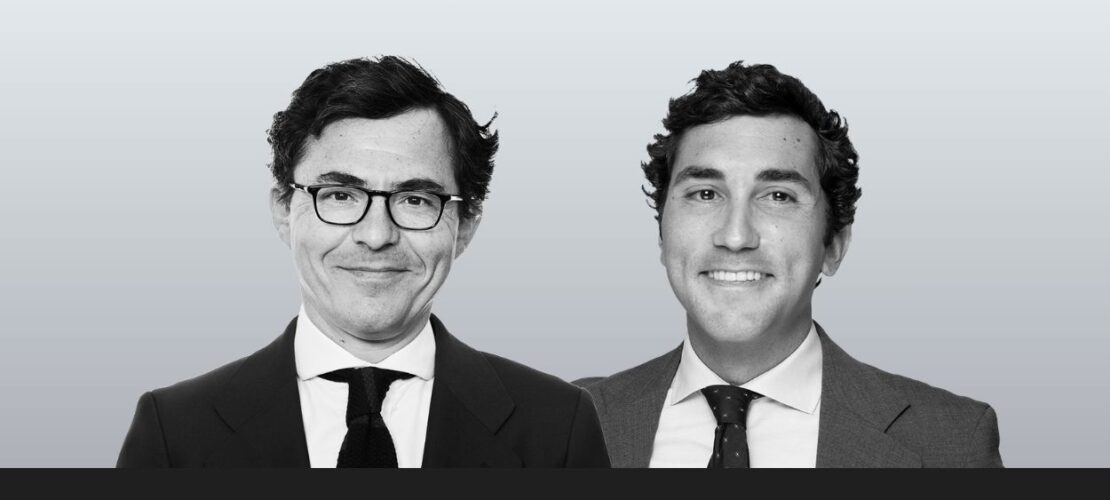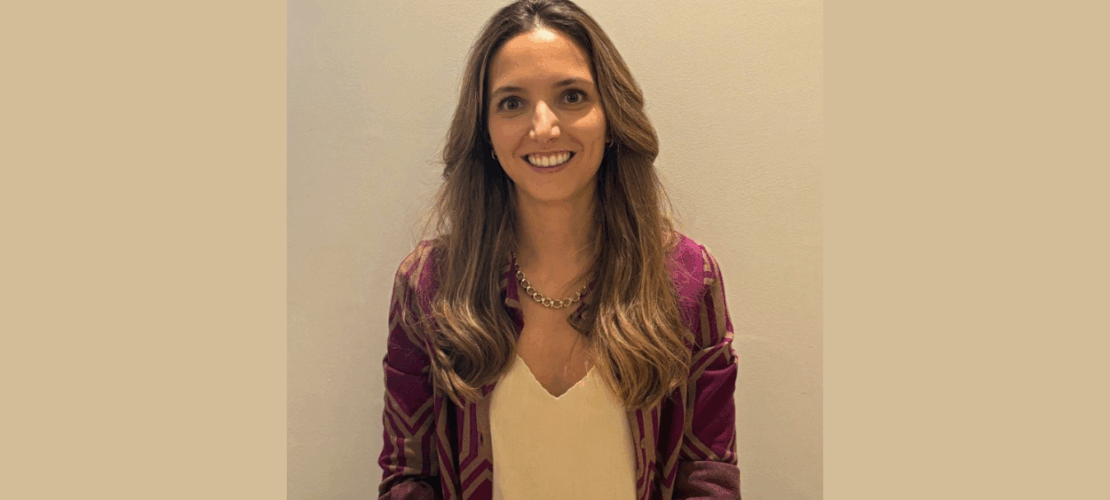“Let’s be Julia”
The hispanic-french law urges Spain and France to take a leading role in the EU in the face of new global challenges
by julia gil
Jaume Plensa‘s sculpture Julia presides over Madrid’s Plaza de Colón with the serene gesture of someone inviting calm amid the city’s rush. This image was chosen as the symbol of the 7th Spanish-French Summit of the International Bar Association (IBA), held at the Madrid Bar Association (ICAM) in Madrid, where art becomes a metaphor for legal reflection. Its creator wanted to provoke, in his own words, “a moment of personal and intimate reflection within the hectic dynamism generated by public space”. In this vein, the president of the IBA 2023-2024 and partner at Gómez Acebo & Pombo, Almudena Arpón de Mendívil, summed up the spirit of the meeting in a phrase that became the motto of the day: “Let’s be Julia”.
The opening ceremony brought together leading institutional figures in a space for reflection where the legal professions of Spain and France called for a more decisive role in the face of global challenges and the need for both countries to assume a leading role within the European Union.
INTERNATIONAL CONTEXT AND LEGAL CHALLENGES
The debate began with a shared diagnosis: the world is going through a period of unprecedented legal and geopolitical uncertainty. Arpón de Mendívil explained that international relations have changed. ‘The European Union (EU) must regain the prominence it has somehow lost on the international stage.’ The IBA president posed a question that hung over the entire summit: how can Europe become stronger? Her answer called for dialogue, cooperation and trade relations. “France and Spain generate 24% of the EU’s GDP,” she said, stressing the need and urgency to promote “unity of action”.
The French ambassador to Spain, Kareen Rispal, agreed that “the world has never been so uncertain.” She cited violations of international law, humanitarian and health crises—such as that in Gaza—and recent environmental disasters in the Iberian Peninsula and France. She also pointed to the rapid pace of technological change as another decisive factor introducing uncertainty in Europe. Both professionals agreed that these dynamics have a direct impact on legal practice and require robust European coordination to ensure legal certainty and the protection of fundamental rights. “France and Spain cannot respond individually; we need the European dimension,” said Arpón de Mendívil.
From a political perspective, the Deputy Prime Minister of Spain between 2011 and 2018 and Cuatrecasas lawyer Soraya Sáenz de Santamaria described the current moment as a “return to nationalism” in a world that has moved from bipolarity to a multipolar scenario. “Polarisation and populism have led us to a world where debates are becoming more radical. The extremes are growing, and moderation is shrinking,” she explained, citing sociologists’ famous “rubber band theory”. For the former Deputy Prime Minister, Europe must learn to preserve its cohesion and influence in a context where protectionism and global competition demand joint responses.
HISPANO-FRENCH COOPERATION
The relationship between Spain and France was presented as an example of solid economic, legal and political cooperation. According to the dean of the Madrid Bar Association, Eugenio Ribón, this alliance is based “not only on geographical proximity, but also on democratic values and the defence of the rule of law”. With annual trade exceeding €90 billion, France is Spain’s second largest socio-economic partner, while Spain ranks fourth among France’s trading partners. In 2023, French investment in Spain reached €93.4 billion and Spanish investment in France €31.2 billion, a trend that continues to rise.
…












